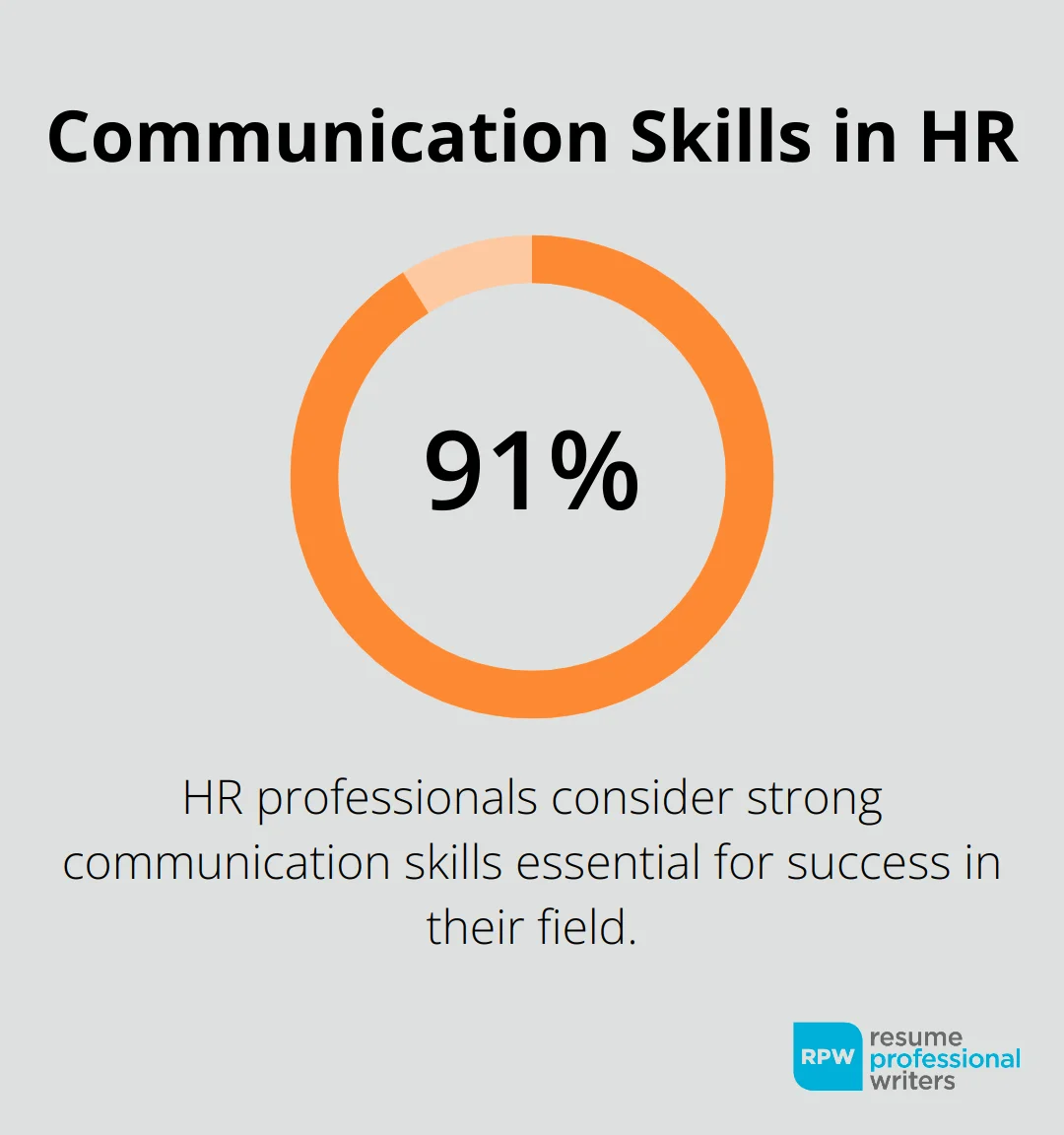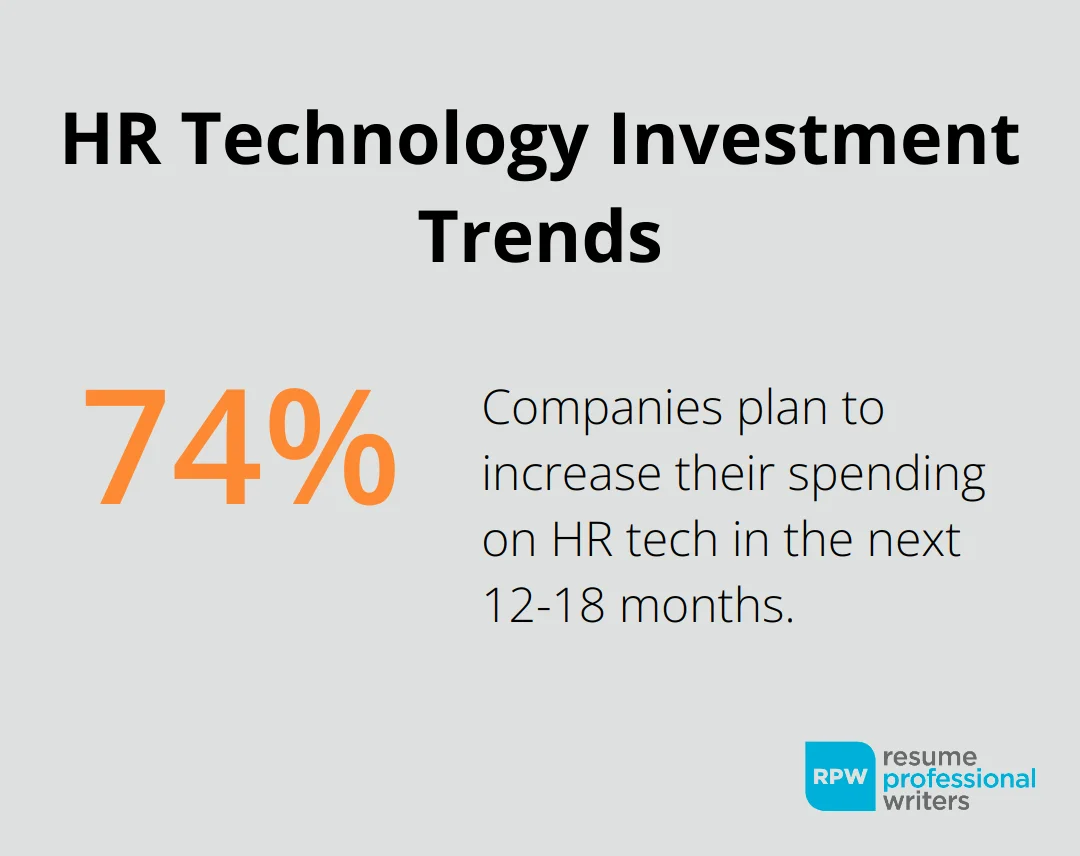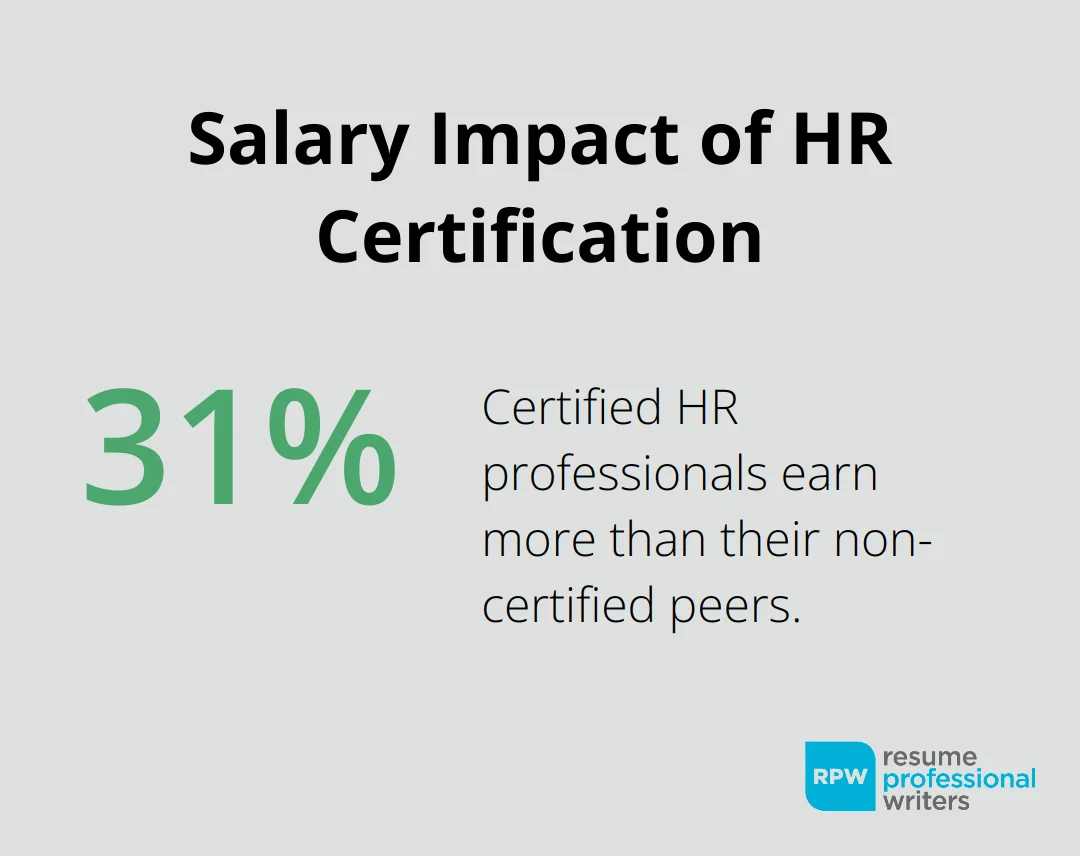Shifting from a career in sales to human resources can feel like stepping into a whole new world—but it’s a world where your existing skills are more valuable than you might think. Whether you’re seeking new challenges, a better work-life balance, or a role focused on people and culture, HR offers fresh opportunities for growth and impact.
In this guide, we’ll break down the key skills from your sales background that translate seamlessly into HR, highlight essential new competencies you’ll want to develop, and outline practical steps to help you navigate a successful career change from sales to HR.

What Sales Skills Transfer to HR?
Sales professionals possess a unique set of skills that can seamlessly transition into human resources roles. This chapter explores how your sales experience can provide a competitive edge in HR.
Communication: Your Powerful Asset
Your ability to communicate effectively with clients translates directly to HR. In human resources, you will use these skills to interact with employees, management, and job candidates. A 2022 LinkedIn survey revealed that 91% of HR professionals consider strong communication skills essential for success in their field.

Negotiation: Beyond Closing Deals
Sales professionals excel in the art of negotiation, a skill invaluable in HR. This expertise applies to salary negotiations, conflict resolution, and mediating workplace disputes. A study by the Society for Human Resource Management (SHRM) found that HR professionals with strong negotiation skills are 30% more likely to successfully resolve workplace conflicts.
Performance Management: From Sales Targets to Employee Goals
Your experience in setting and achieving sales targets directly applies to performance management in HR, making it a valuable asset during your career change from sales to HR. You will use these skills to help employees set goals, track progress, and improve performance. According to Gallup, companies with a strong performance management culture are 4.6 times more likely to be in the top 25% of companies for financial performance.
Relationship Building: The Core of HR
In sales, building and maintaining relationships is key to success. This skill is equally important in HR, where you will need to foster positive relationships with employees at all levels of the organization. A 2023 report by Deloitte found that HR professionals who excel at relationship building are 2.5 times more likely to be rated as high performers by their organizations.
Adaptability: Thriving in Dynamic Environments
Sales professionals often work in fast-paced, ever-changing environments (much like HR). Your ability to adapt quickly to new situations, handle unexpected challenges, and pivot strategies will serve you well in human resources roles. This adaptability is particularly valuable as HR departments increasingly focus on agile practices and rapid organizational change.
As you consider transitioning from sales to HR, it’s important to recognize the value of your existing skillset. The next chapter will explore the key HR-specific skills you’ll need to develop to complement your sales experience and excel in your profession.
Essential HR Skills for Sales Professionals
To thrive in human resources, sales professionals need to complement their existing strengths with core HR competencies. From mastering legal compliance to leveraging technology and data, here’s a breakdown of the key skills you’ll want to develop as you pivot into your new career.
Mastering Employment Law
Understanding labor laws and regulations is a fundamental requirement in HR. You should start by familiarizing yourself with key legislation such as the Fair Labor Standards Act (FLSA), Family and Medical Leave Act (FMLA), and Equal Employment Opportunity (EEO) laws. The U.S. Department of Labor website offers free online courses on these topics. You should also consider pursuing a certification like the SHRM-CP, which covers legal compliance extensively.
Embracing HR Technology
As you make the career change from sales to HR, it’s crucial to familiarize yourself with specialized HR software. HR professionals rely on tools like Applicant Tracking Systems (ATS) such as Workday or Taleo, and Human Resource Information Systems (HRIS) like BambooHR or Zenefits. Many of these platforms offer free trials or demo versions, providing an opportunity to gain hands-on experience. A 2023 HR Technology Survey by PwC found that 74% of companies plan to increase their spending on HR tech in the next 12-18 months, highlighting the growing importance of this skill in HR.

Honing Recruitment Strategies
Effective recruitment is a cornerstone of HR. You should learn about sourcing techniques, interview best practices, and candidate assessment methods. Platforms like LinkedIn Learning offer courses on talent acquisition strategies. You can practice crafting compelling job descriptions and developing structured interview questions. A study by Glassdoor found that a strong candidate experience can improve the quality of new hires by up to 70% (highlighting the importance of mastering this skill).
Cultivating Employee Engagement
Employee relations and engagement are critical aspects of HR. You need to develop strategies for fostering a positive work environment, managing conflicts, and improving employee satisfaction. The Gallup Q12 Employee Engagement Survey is a widely used tool you can study to understand key drivers of engagement. Research by Deloitte shows that companies with highly engaged workforces are 21% more profitable (emphasizing the impact of this skill on organizational success).
Developing Data Analysis Skills
HR professionals increasingly need to make data-driven decisions. You should learn to analyze employee data, interpret HR metrics, and create insightful reports. Familiarize yourself with tools like Excel or Tableau for data visualization. A survey by HR.com found that 71% of organizations now use people analytics to inform their HR strategies (underscoring the growing importance of this skill).
The next chapter will outline practical steps you can take to make your transition from sales to HR smooth and successful.
Making a Smooth Career Change from Sales to HR
Ready to turn your sales expertise into a thriving HR career? These actionable steps will help you build credibility, expand your network, and gain the hands-on experience needed to break into the field with confidence.
Pursue Relevant HR Certifications
Start your transition by obtaining HR certifications. The Society for Human Resource Management (SHRM) offers two widely recognized certifications: SHRM-CP (Certified Professional) and SHRM-SCP (Senior Certified Professional). These certifications cover essential HR topics and are highly valued by employers. According to SHRM, certified HR professionals earn 31.6% more than their non-certified peers.

Expand Your HR Network
Networking is key for breaking into HR. Join professional HR associations like SHRM or your local HR chapter. Attend industry events, webinars, and conferences. LinkedIn is an invaluable tool for connecting with HR professionals. A study by LinkedIn found that 85% of jobs are filled through networking. Engage in HR-focused LinkedIn groups and participate in discussions to increase your visibility.
Leverage Internal Opportunities
As you pursue a career change from sales to HR, your current company can be an excellent resource for gaining HR experience. Volunteering for HR-related projects or committees allows you to build practical skills while showing your employer your commitment to transitioning into HR. According to a survey by the Association for Talent Development, 68% of employees prefer to learn at work. Consider asking your HR department if you can shadow them or assist with recruitment drives and employee engagement initiatives to gain hands-on experience.
Revamp Your Resume
Tailor your resume to highlight transferable skills relevant to HR. Emphasize your communication, negotiation, and relationship-building skills. Quantify your achievements in sales and frame them in an HR context. For example, if you’ve trained new sales reps, highlight this as a relevant HR skill. (Professional resume writing services can help showcase your transferable skills effectively.)
Consider Entry-Level HR Positions
Start in entry-level HR roles. Positions like HR Assistant or Recruiter can provide valuable experience and a foot in the door. The U.S. Bureau of Labor Statistics projects the job outlook for HR specialists to grow 7% from 2019 to 2029 (faster than the average for all occupations). This growth indicates ample opportunities for those entering the field.
Final Thoughts
Transitioning from sales to human resources can be a fulfilling and strategic career move. Your background in sales equips you with transferable strengths—like communication, persuasion, and relationship-building—that are highly valued in HR roles.
To successfully make a career change from sales to HR, focus on building essential HR competencies. Develop a solid understanding of employment laws, embrace HR technologies, strengthen your recruitment and employee engagement strategies, and hone your ability to make data-driven decisions. These skills, paired with your sales experience, will help you become a well-rounded and effective HR professional, ready to thrive in your new role.
Remember, every career change begins with a single step. With the right mindset, continued learning, and strategic action, your move into HR can lead to lasting professional growth and impact.

Land Your Target HR Role with a Standout Resume
Shifting from sales to HR is a smart career move that combines your proven strengths in communication, negotiation, and relationship-building with new, in-demand HR skills. By developing expertise in employment law, HR technology, recruitment strategies, employee engagement, and data analysis, you can position yourself as a strong contender for HR roles—whether you’re aiming for an entry-level position or looking to grow within the field.
To truly stand out, you need a resume that highlights your transferable skills and presents your experience in a way that speaks to HR employers. That’s where Resume Professional Writers can help. Our expert resume writing team crafts tailored documents that bridge your past experience with your future goals, ensuring your application makes an immediate and lasting impact. Let us help you take the next confident step toward your HR career.








